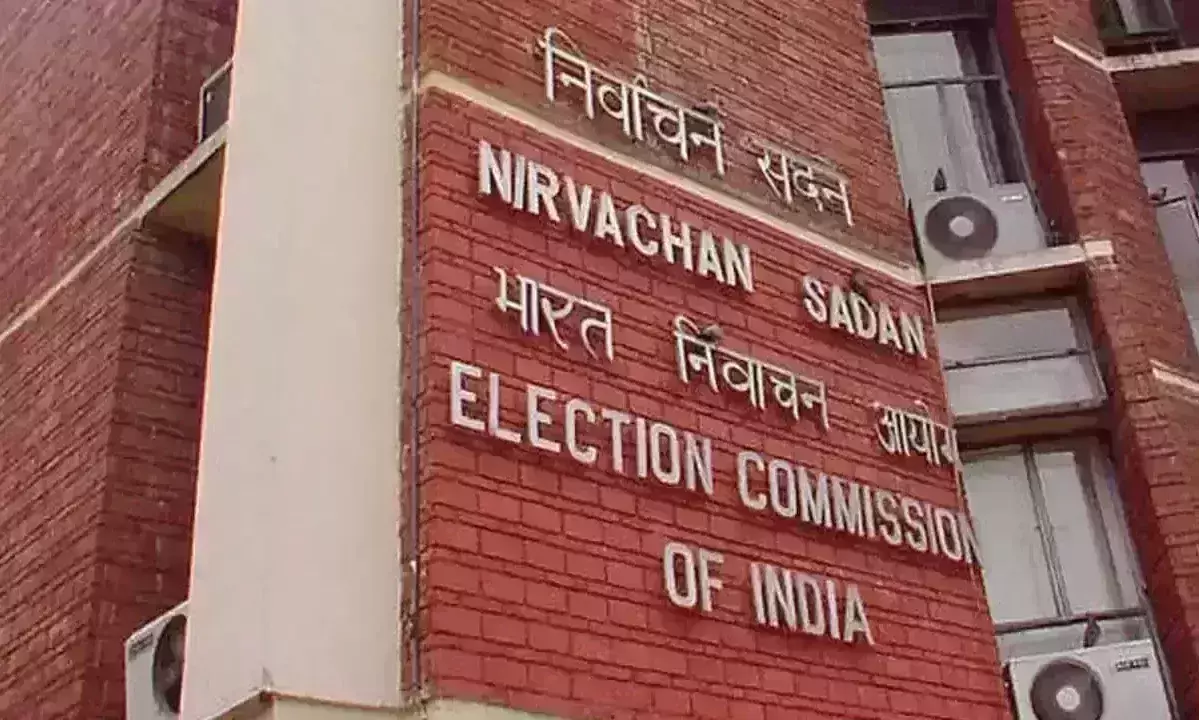
2,100 political parties to face Election Commission's 'graded action'
text_fieldsNew Delhi: A count of more than 2,100 political parties have been facing "graded action" from the Election Commission (EC) since Wednesday for violating rules. The said parties are registered but unrecognised, and their violations include failure to furnish a contribution report and not informing the poll panel about changing their name, head office, office bearers and address, The Indian Express reported.
The EC informed that 66 parties claimed IT exemption in FY20, not complying with statutory requirements under the Representation of the People Act, while 2,174 failed to submit contribution reports.
EC said in its statement that it is cognizant that compliance with the conditions and regulations in the Act are essential conditions for maintaining financial discipline, propriety, public accountability, transparency and empowering voters to make informed decisions. In the absence of required compliance, the electorate and EC are deprived of basic factual information to ensure the EC's mandate of conducting free, fair and transparent elections.
It said that it has evidence of severe financial impropriety, willful attempts for tax evasion and other illegal financial activities against three specific Registered Unrecognised Political Parties (RUPPs) amounting to fraudulent use of privileges and public trust available to them.
Further, the statement added that action would be initiated against those receiving donations without due statutory compliances and against three registered unrecognised political parties reported being involved in Serious financial impropriety. It added that eighty-seven non-existent RUPPs shall be deleted from the list, and benefits under the Symbols Order (1968) will be withdrawn.
EC data suggests that there are 2,796 RUPP till September 2021. This is a surge of more than 300 per cent since 2001. The statement said that the commission has noted with grave concern regarding the total number of RUPPs. A large number are neither taking part in the electoral process nor adhering to one or several of the above requirements, which is not only violative of statutory requirements but also defeats the purpose of a clean electoral ecosystem, it added.






















